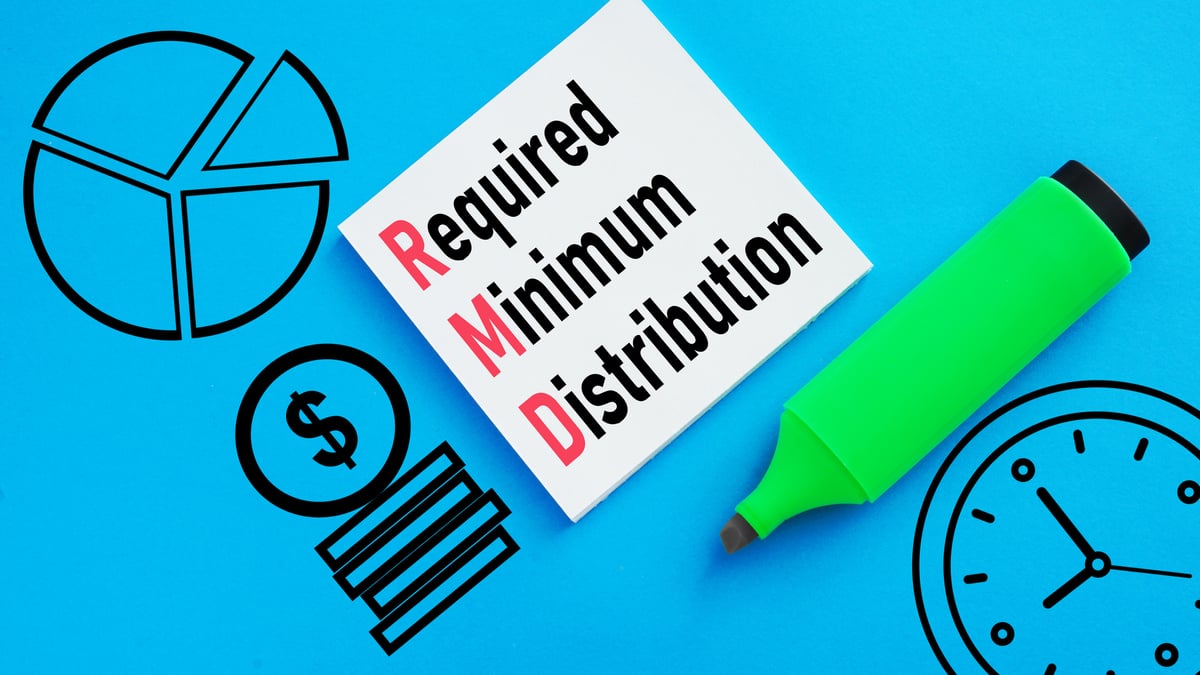Despite a fairly stable economy and bull market, U.S. investors aren't totally secure in where they stand financially -- even those with a minimum of $100,000 in investable assets. Such were the findings in a recent survey conducted by investment banking company Natixis. When asked about their greatest money-related fears, here's what American investors came back with.
1. A large, unexpected expense
The most pressing fear identified by U.S. investors is the idea of encountering an unplanned expense. Now the ironic thing is that the investors in question have $100,000 or more in assets at their disposal -- but that doesn't mean they have that money sitting in cash. And there lies the importance of having an emergency fund. Without one, there's the potential to lose money by having to liquidate investments at a loss to free up cash for unanticipated bills, which is why everyone needs at least three months' worth of living expenses in the bank.

IMAGE SOURCE: GETTY IMAGES.
2. Healthcare costs
Healthcare is a burden even for Americans who are doing reasonably well financially. Those with high deductibles and hefty copays could spend thousands of dollars in the course of a given year, especially in situations where extra diagnostic tests or doctor visits are needed. Anyone with a high-deductible health insurance plan should look at putting money into a health savings account, or HSA. Once funded, these accounts can be invested for added growth, and money can be carried from year to year to cover near-term and future healthcare expenses. And since HSAs contributions get to go in tax-free, grow tax-free, and get withdrawn tax-free (when used for qualifying medical purposes), they're a triple win.
3. Taxes
Taxes are a burden for Americans across a wide range of income levels. Those with a substantial amount of investable assets should be tax-savvy in their decision-making -- namely by holding investments for at least a year and a day before selling them to avoid short-term capital gains. Selling underperforming investments at a loss to offset gains is another smart tactic to employ.
4. Maintaining a certain standard of living
Many U.S. investors worry about keeping up with their current expenses. Those who are able to pay their bills and set aside funds to save or invest simultaneously can plan to continue on that course. But those struggling would be wise to rethink their habits and get on a budget. Having one can be instrumental in tracking expenses and prioritizing spending categories, especially in situations where income circumstances change.
5. Not having enough money to save
A large number of U.S. investors worry about not having ample funds for savings. In this regard, having a budget will help, as will automating savings so that money is socked away before it's spent. That automation could come in the form of sending money from a checking account to a savings account every month, or by signing up for an employer's 401(k) and having funds deducted directly from earnings. Some IRAs offer an automatic transfer feature as well.
Clearly, U.S. investors have lots to worry about. The good news? Many of these concerns can be alleviated with a dose of smart financial planning.





